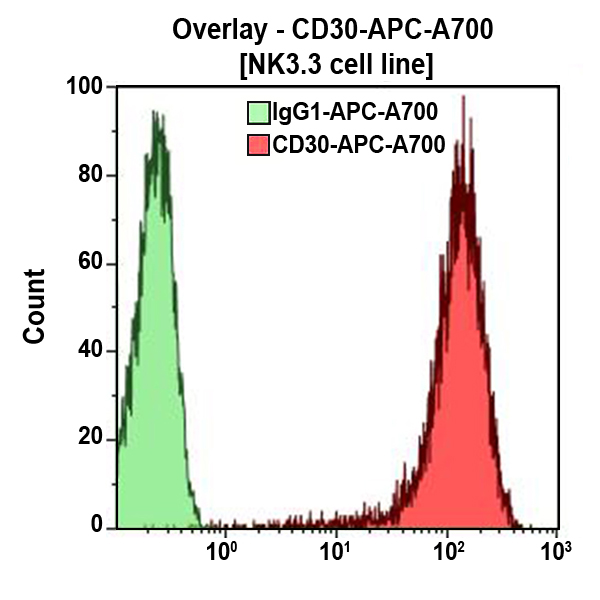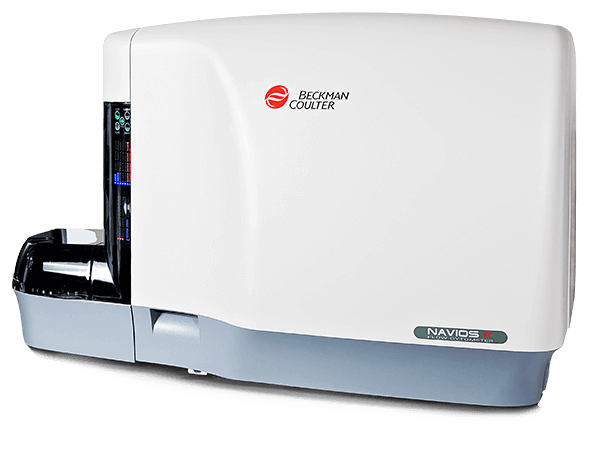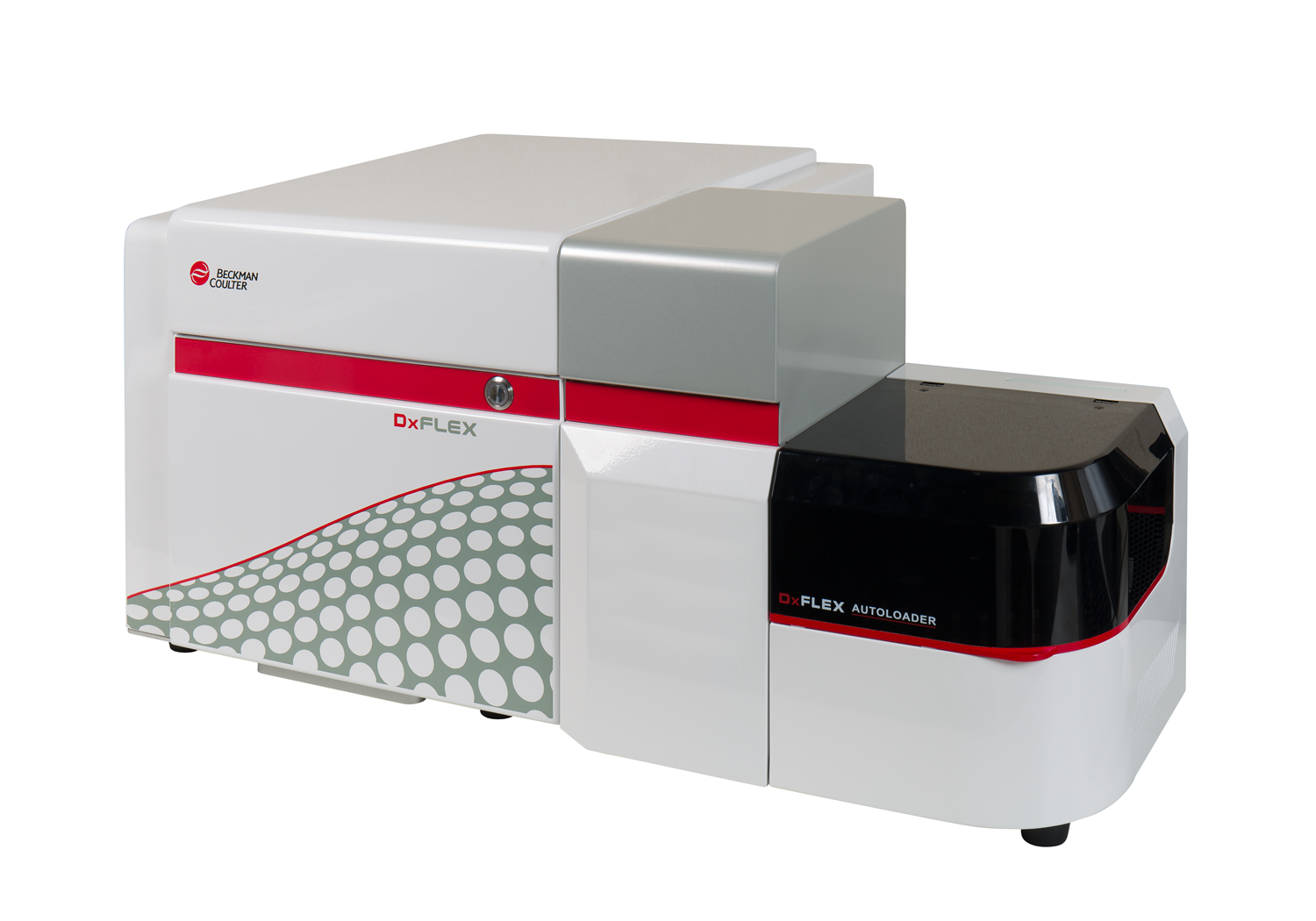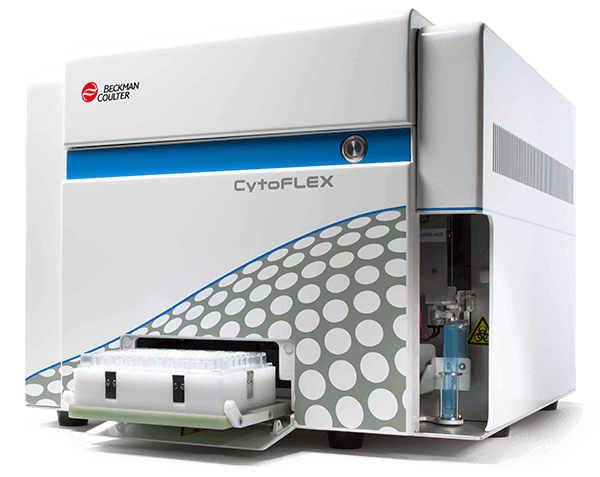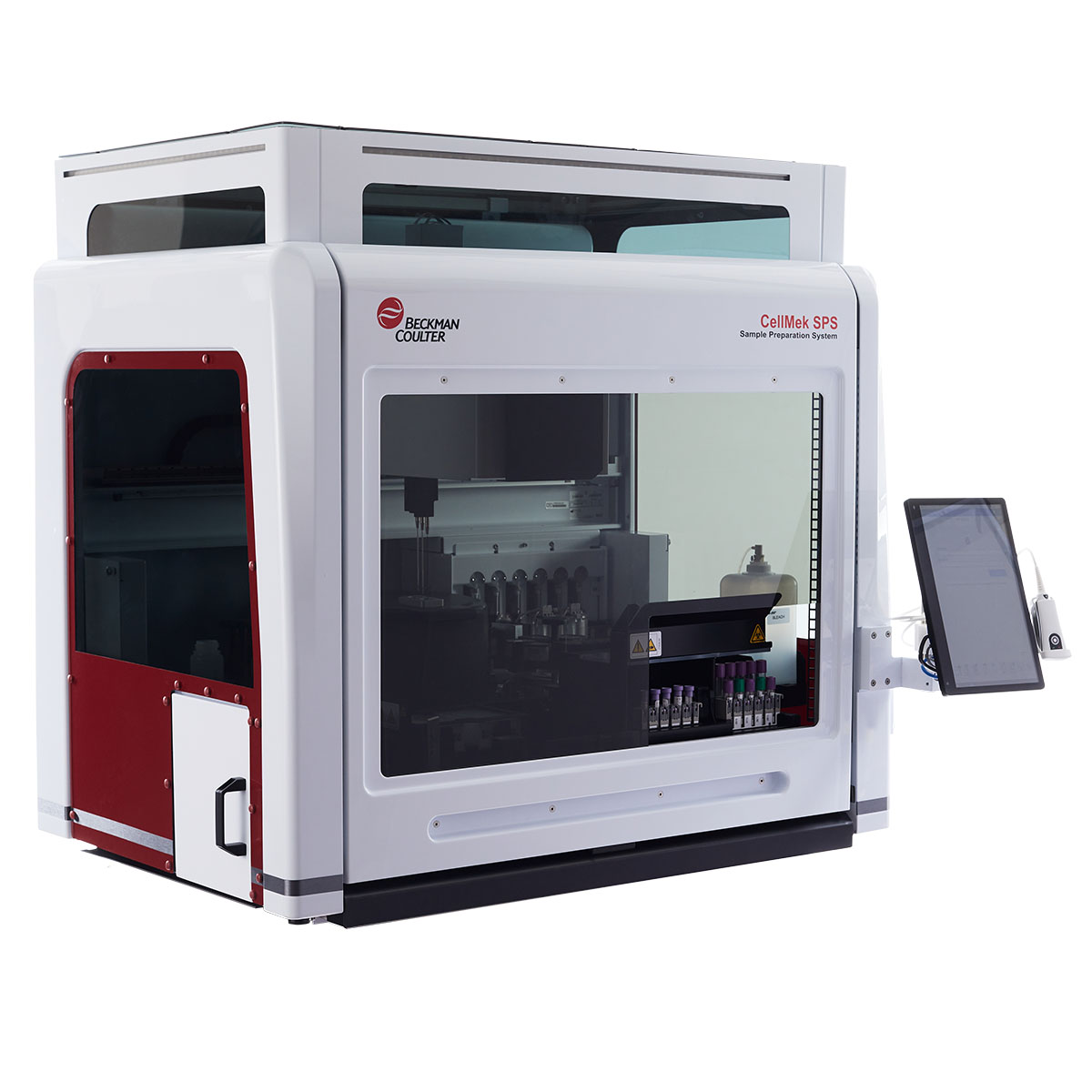CD30 Antibodies
The CD30 antigen (also known as Ki-1 antigen) is a single-chain glycoprotein with a molecular weight of 105 kDa. It is a member of the TNFR (Tumor Necrosis Factor Receptor) / NGFR (Nerve Growth Factor Receptor) superfamily and binds to CD153 (CD30 ligand). The CD30 antigen is found on activated T and B lymphocytes and on Reed Sternberg cells. In lymphoid tissues, CD30 is expressed on a few extrafollicular activated T and B blasts and B blasts located at the rim of germinal center. CD30 expression is induced in vitro on lectin-stimulated T-cell, Bcell blast and on mixed lymphocyte culture (MCL) suggesting an activated lymphoid cell expression feature.
| Clone: HRS4 | Isotype: IgG1 Mouse |
| HRS4 recognizes a formaldehyde-resistant epitope. | |

